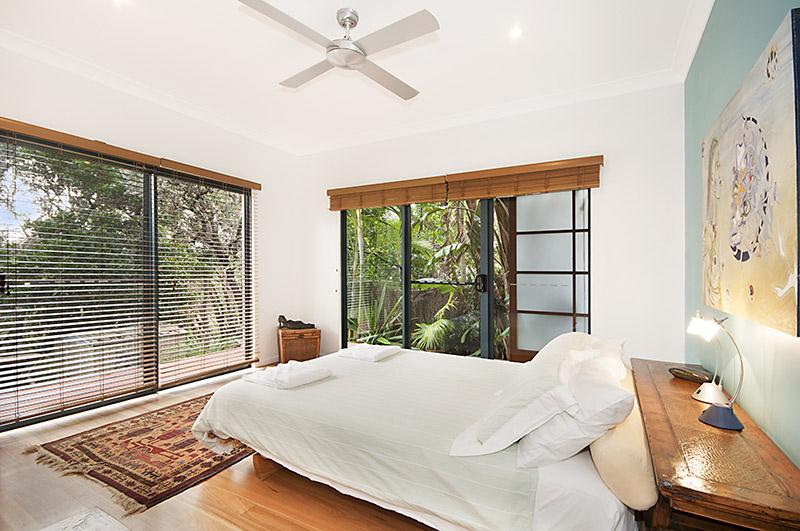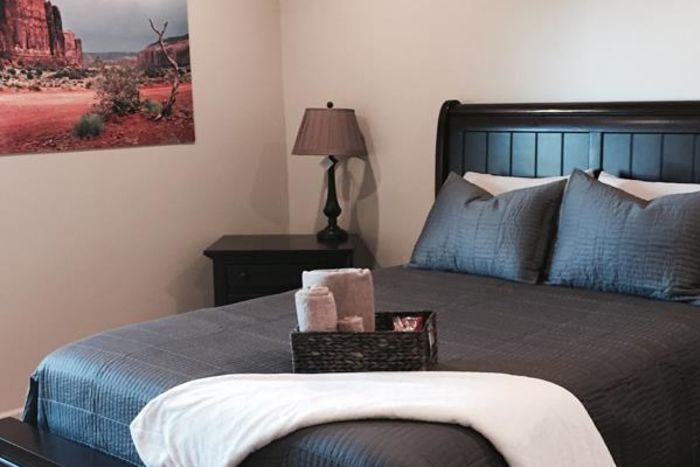When it comes to finding the best addiction treatment, needs can vary drastically from person to person. That means it’s virtually impossible to create a one-size-fits-all list of the best rehabilitation centers in the world. Still, wherever they’re located, most successful rehab programs share a number of traits in common, including excellent facilities, effective treatment options and experienced, specialized staff. One way to make sure you’re choosing the right rehab is to decide which of these qualities is most important to you. Here are some of our top picks for the best luxury rehabs out there, based on the areas they excel in most.
Please note: We’re an independent resource, with over 17,000 treatment centers listed from all over the world. This list is simply a sampling of that. To find the best option for you or your loved one, browse all centers. This post is completely editorial content to help surface some of the best rehabs worldwide and there has been no payment for placement in this list.
Best for Evidence-Based Care
Evidence-based rehab programs stand out because of their strong emphasis on treatment options backed by top-quality studies and years of research. While other approaches to rehab can and do provide important advantages, addiction experts often regard programs in this category as a gold standard for effective care.
McLean Fernside (Princeton, Massachusetts): McLean Fernside is operated by Harvard-affiliated McLean Hospital, ranked by US News and World Report as the best psychiatric hospital in America. Fernside specializes in treating people who’ve already participated in a rehab program, but who face ongoing challenges such as relapses or mixed feelings about the lifestyle changes required to support their long-term sobriety.
“McLean Hospital is an affiliate of Harvard Medical School … so we’re fully a part of that system, which means that when we approach a problem like addiction or like depression, we’re approaching it with that same high level of evidence-based proven methodology that you would expect if you went to get surgery or cardiology treatment at a major academic center.”
Rocco A. Iannucci, MD, McLean Fernside’s Director.
Best for Individualized Care
Individualized rehab is prized for its ability to focus on the unique needs of each person recovering from drug or alcohol problems. Such a targeted approach often increases the odds that treatment will prove effective and set participants on the path to a sustainable, substance-free lifestyle.
Paracelsus Recovery (Zurich, Switzerland): Paracelsus Recovery is perhaps the ultimate example of an individualized care facility. This program accepts only a single person at a time and sets out to maximize the potential of customized treatment. While participating in the program, each client resides in a lakefront penthouse and receives access to a range of personal, luxury services. Treatment takes place in this relaxing environment rather than at a separate facility. Kusnacht Practice is a somewhat larger operation, but follows a similar model, and is also located in Switzerland.
The Lighthouse Bali (Bali, Indonesia): The Lighthouse provides individualized care in a tropical setting, with treatment principles based in a Balinese philosophy known as Tri Hata Karana. This unique philosophy places an emphasis on creating harmonious relationships in three areas: with other people, with the natural world and with the spirit or higher power. All of this comes with a high level of expertise in clinical substance abuse treatment.

Sanctuary Byron Bay (Byron Bay, New South Wales, Australia): Sanctuary Byron Bay was one of the first luxury treatment centers in the world to specialize in one-on-one care. Each client receives detailed attention from a staff of multi-disciplinary therapists, who meet frequently to coordinate their activities. Sanctuary also focuses on a holistic approach to treatment that draws from evidence-based traditional and complementary medicine.

Best for Executives
Executives are prone to chronic stress, burnout, and addiction due to the demands of their jobs. Often providers specializing in treating executives offer therapy that specifically addresses issues executives face, as well as allowing personal laptops and cell phones during one’s stay.
Clinic Les Alpes (Montreux, Switzerland): In a secluded, luxurious chateau, Clinic Les Alpes offers highly individualized mental health and addiction treatment, including an executive burnout program. With private bedrooms, an on-site medical spa, a fitness center, and an indoor/outdoor pool, clients get to focus on healing and restoration.
Best Bang for Your Buck
There is a common perception that only the most exclusive rehab centers can provide you or your loved one with luxury accommodations. However, in reality, some of the best drug rehab centers in the world provide a luxurious setting while also keeping prices in a more affordable range.
White River Manor (Mpumalanga, South Africa): Located near South Africa’s Kruger National Park, White River is known for its combination of affordable pricing, five-star accommodations and expertise in both addiction treatment and general wellness. Programs available in this beautiful lodge setting include group therapy, individual therapy, family therapy, mindfulness training, psychodynamics and music therapy. Clients also have the once-in-a-lifetime opportunity to take part in an African safari.
Best for Trauma-Informed Care
Exposure to abuse, violence or some other form of severe trauma is unusually common among people with drug or alcohol problems. In many cases, a history of this kind of exposure can alter the course of effective substance treatment. This means that access to trauma-informed care can be critical to the short- and long-term prospects for recovery.
All Points North Lodge (Vail Valley, Colorado): Nestled in the mountains, All Points North Lodge is a comprehensive wellness campus offering trauma-integrated addiction treatment and family programming to virtual therapy and deep trauma work, APN Lodge offers custom-curated care and cutting-edge services.
The Guest House Ocala (Silver Springs, Florida): The Guest House designs all of its programs to meet the needs of people with a history of significant trauma exposure. Available, customizable treatment options include group and individual psychotherapy, somatic therapy, transformational breathwork, meditation, yoga, psychodrama, music therapy, art therapy and adventure-based therapy. The Guest House was co-founded by Judy Crane, one of America’s most highly regarded addiction and trauma specialists.

Best Adolescent Care
Preteens and teenagers who use drugs and alcohol have a higher chance of becoming addicted than their adult counterparts. In addition, they can develop symptoms that differ from those found in adults, and often respond best to different types of treatment. What’s more, preteen and teenage girls often face treatment issues specific to their gender. For all these reasons, adolescent care is often provided in dedicated rehab centers.
Newport Academy (Southern California): Newport Academy specializes in the treatment of adolescents ranging in age from 12 to 18. Programs are available for preteens and teens affected by drug or alcohol problems, as well as by depression, eating disorders, anxiety or various forms of trauma. Separate residential facilities are maintained for males and females.
Find a Luxury Rehab That’s Right for You
Each rehabilitation program offers unique benefits–the key is to find one that works well for you. Still not sure which center is the best fit for your needs? You can browse our site for luxury rehabs based on location, price, specialization, amenities, treatment philosophy and more.
Frequently Asked Questions About Top-Rated Luxury Rehab Centers
Which is the best rehab program for drug addiction?
Evidence-based rehab programs stand out because of their strong emphasis on treatment options backed by top-quality studies and years of research. While other approaches to rehab can and do provide important advantages, addiction experts often regard programs in this category as a gold standard for effective care.
Who can afford luxury rehab?
There is a common perception that only the most exclusive rehab centers can provide you or your loved one with luxury accommodations. However, in reality, some of the best drug rehab centers in the world provide a luxurious setting while also keeping prices in a more affordable range.
What amenities do luxury rehab centers typically offer?
Luxury rehab centers offer a range of comfortable amenities, such as private rooms with en-suite bathrooms, gourmet meals prepared by on-site chefs, spa and massage services, and a fitness center. Some also have outdoor recreational activities like hiking and equine therapy.
Published May 17, 2019
Updated September 3, 2024





























